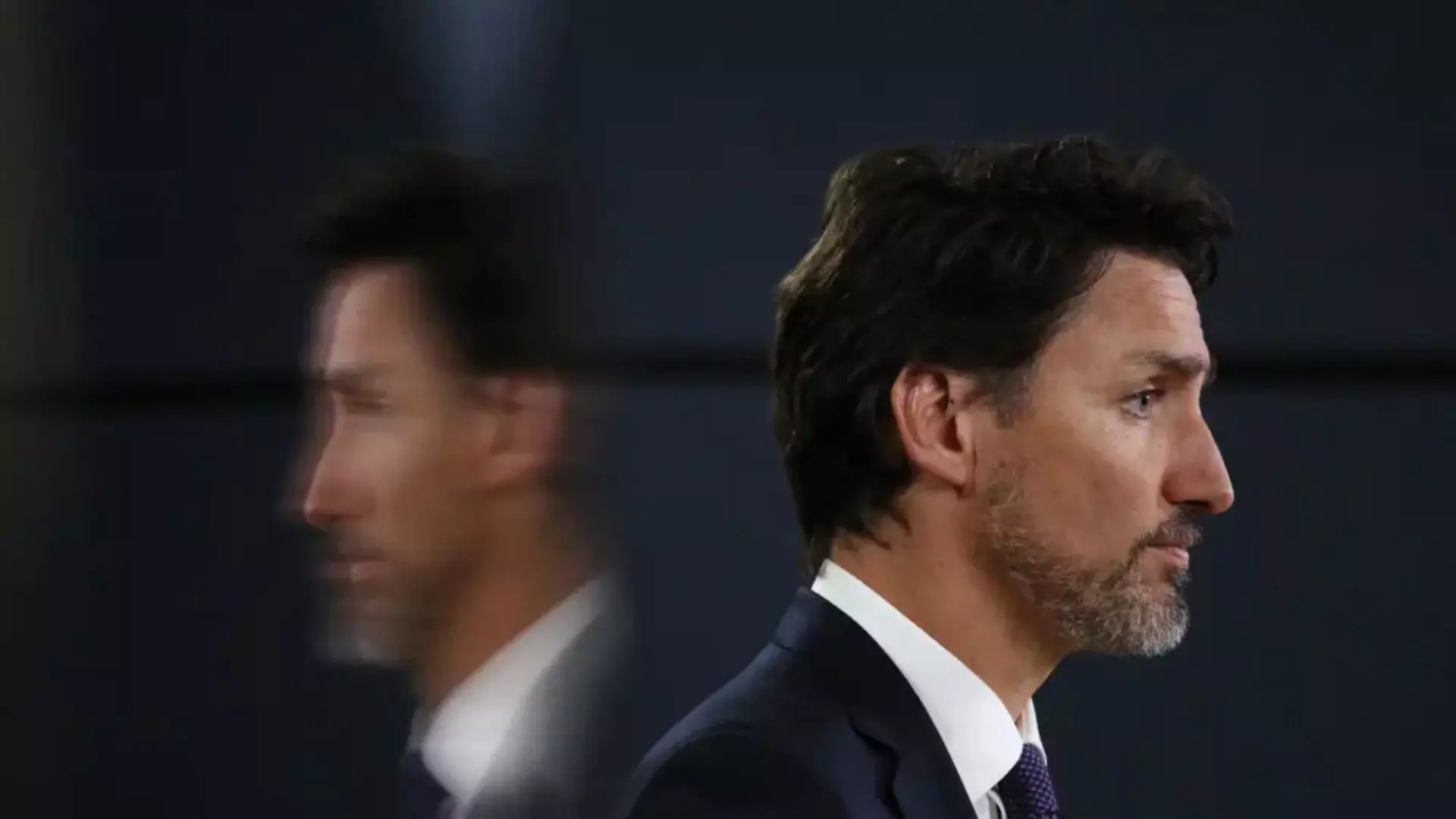Canadian Prime Minister Justin Trudeau faced another setback this week as his party lost a long-held Parliament seat. Trudeau’s Liberal Party was defeated in the Montreal constituency of LaSalle-Émard-Verdun by the Bloc Québécois, according to the final results released early Tuesday.
Liberal candidate Laura Palestini was narrowly defeated by Bloc Québécois’ Louis-Philippe Sauvé, with Palestini receiving 27.2% of the votes compared to Sauvé’s 28%. NDP candidate Craig Sauvé finished in third place. The contest was one of the closest three-way races in recent memory, with frontrunners frequently changing positions, as noted by CBC.
Canadian Prime Minister Trudeau’s second consecutive by-election defeat
This loss marks Trudeau’s party’s second consecutive by-election defeat in under three months, increasing pressure on the Prime Minister to resign. Trudeau had previously faced calls to step down after losing the Toronto-St. Paul seat, a stronghold for the Liberals since 1993, to the Conservatives in a June by-election, according to CTV News.
Over the past year, the Liberal Party has lagged behind the Conservative Party in federal polls, with current standings at 25% for the Liberals and 43% for the Conservatives. An Ipsos poll conducted from September 5 to 9, 2024, showed Trudeau’s approval rating at 33%, with two-thirds of Canadians disapproving of his leadership due to concerns about the cost of living and housing crisis. Pierre Poilievre, the Conservative leader, was preferred as Prime Minister by 45% of respondents, while Trudeau received 26%.
Read More: Iranian President Pledges to Reform Morality Police as Mahsa Amini Anniversary Looms
Future of Canadian Prime Minister
Trudeau had previously stated on Montreal’s CJAD 800 radio that he would not resign if his party lost the LaSalle-Émard-Verdun election and committed to staying as party leader until the October 2025 election. Before the election results, Andrew Perez, a long-time Liberal supporter and strategist, had predicted that another defeat would be detrimental to Trudeau’s position.
Perez warned that losing the safe seat could spell significant trouble for the party’s prospects in Quebec and across Canada during a crucial election year. Lori Turnbull, a Canadian political analyst and Dalhousie University professor, expressed that it would be challenging for the government to overcome the narrative of its decline.
The future of Trudeau’s government remains uncertain. Conservative Leader Pierre Poilievre has vowed to introduce a no-confidence motion against Trudeau’s government as soon as Parliament reconvenes, aiming to trigger a federal election. However, Poilievre would need support from the New Democratic Party (NDP) and the Bloc Québécois to succeed, and it is unclear if either party will back the motion.
Also Read: Azerbaijan Unveils Ambitious Plans for COP29 as Climate Summit Approaches




















